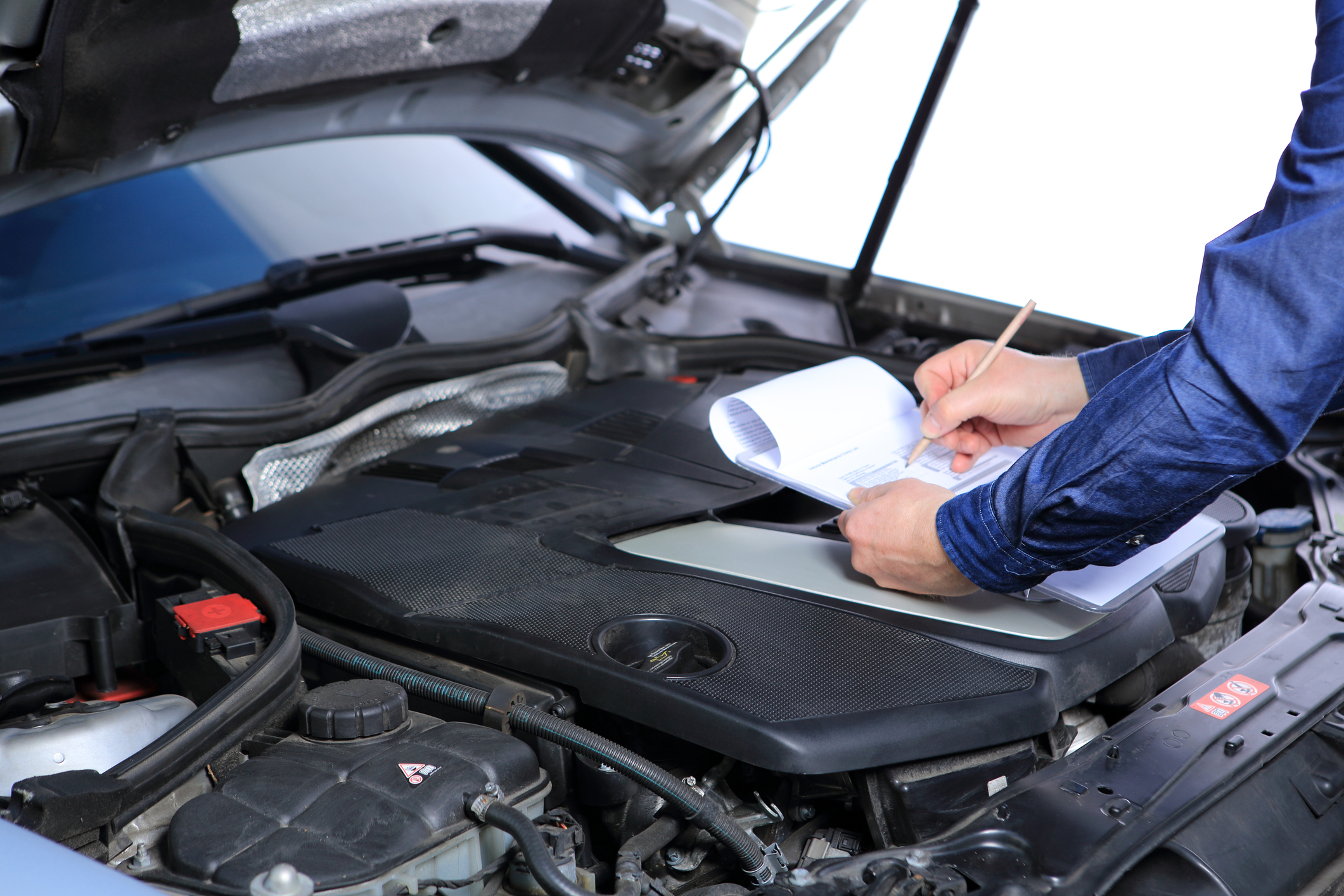Inexpensive Things You Can Do to Prevent Expensive Vehicle Repairs
Vehicles today require regular maintenance and upkeep. If you pay attention, there are a lot of small signs that something is wrong or small and inexpensive checks you can do now to prevent a big, expensive repair later.
Before you take our word for it, check your owner’s manual! It should list the specifics of your vehicle’s maintenance schedule, including which parts to check, and after how many miles or how much time they should be inspected.
Stay on Top of Regular Maintenance
Regularly maintaining your vehicle is necessary for a reason – it keeps things running smoothly, and prevents unnecessary damage. So, what needs to be inspected and changed regularly?
● Brakes,
● Oil and oil filter,
● Spark plugs,
● Engine coolant,
● Transmission,
● Belts,
● Exhaust system, and
● Air filter
Check Your Tires
Tires are one of the easiest and most important parts of your vehicle to maintain. If your tire pressure is low, you may notice as you’re driving or as you’re walking up to your vehicle. Tires need to be balanced, aligned, inflated, and have enough tread to keep your vehicle safe.
Keep Your Gas Tank Full
The more gas you have in your tank, the more efficiently the fuel system will work, and the less likely it is to need repaired sooner. While older vehicles were generally okay to drive until the gas ran out, today’s systems use gas to keep the system cool, not just to fuel the engine, so more gas is necessary. Try not go get below ¼ of a tank.
Don’t Ignore Dash Lights
When a dashboard warning light turns on, it’s not necessarily a bad sign – those warning lights are meant to let you know that something should be fixed. The problem begins when the warning lights are ignored, and the problems persist and worsen. If you notice a warning light illuminated, find out what it means, and whether you need to have a small repair.
Educate Yourself and Ask Questions
Taking your vehicle to the repair shop when something is wrong can be a smart move. The trick is to find a balance between researching and telling your mechanic what you think needs to be done, and listening to what your mechanic thinks should be done after inspecting your vehicle. Don’t be afraid to ask questions! A great mechanic should listen to your concerns and help you understand what’s going on and what needs to be done if you don’t.
